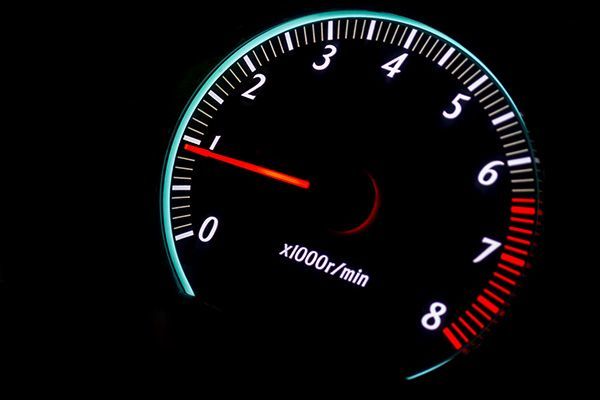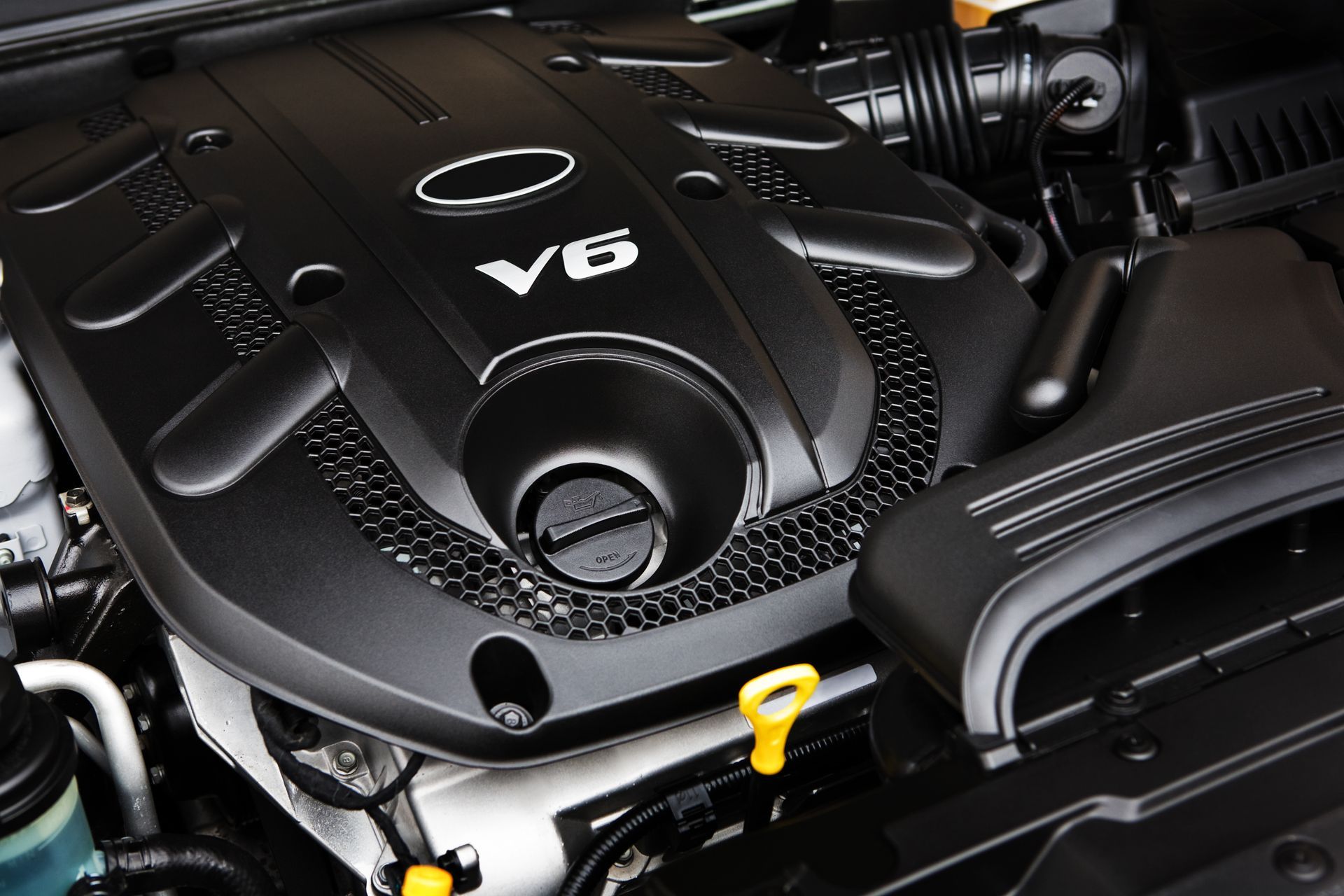As a car owner, keeping your vehicle in optimal condition is essential for smooth and efficient operation. Among the many components that contribute to your car's performance, spark plugs play a crucial role in igniting the air-fuel mixture within the engine cylinders.
However, spark plugs can wear out over time, leading to various issues that affect engine performance and fuel efficiency.
Sign #1: Difficulty Starting the Engine
One of the most noticeable signs of worn spark plugs is difficulty starting the engine, especially in cold weather or after the car has been sitting for an extended period. If you find yourself needing to crank the engine multiple times before it starts or experiencing delayed ignition, it may be time to replace your spark plugs.
Sign #2: Engine Misfires or Rough Idling
A rough or uneven idle, accompanied by noticeable vibrations or shaking, can indicate misfiring cylinders due to worn or fouled spark plugs. When spark plugs fail to ignite the air-fuel mixture properly, it can result in incomplete combustion and engine misfires, affecting overall performance and fuel economy.
Sign #3: Poor Acceleration and Power Loss
Worn spark plugs could be to blame if you notice a significant decrease in engine power or sluggish acceleration. Faulty spark plugs can lead to inefficient combustion, resulting in reduced engine power and slower acceleration response, especially when attempting to accelerate quickly or climb steep inclines.
Sign #4: Increased Fuel Consumption
Worn or fouled spark plugs can contribute to decreased fuel efficiency, as they may fail to ignite the air-fuel mixture efficiently, leading to incomplete combustion. If you find yourself making more frequent trips to the gas station or notice a sudden drop in fuel economy, it's worth checking the condition of your spark plugs.
Sign #5: Engine Knocking or Pinging Sounds
Excessive engine knocking or pinging noises, especially under load or during acceleration, can indicate detonation caused by ineffective spark plug operation. When spark plugs fail to ignite the fuel mixture properly, it can result in premature combustion and abnormal engine noises, which should be addressed promptly to prevent damage.
Sign #6: Visible Wear or Deposits on Spark Plugs
During routine maintenance inspections, visually inspecting the condition of your spark plugs can provide valuable insights into their health. Look for signs of wear, such as eroded electrodes or deposits of carbon and oil, which can indicate that your spark plugs are reaching the end of their lifespan and may need replacement.
Sign #7: Check Engine Light Illumination
Finally, if your vehicle's onboard diagnostic system detects a problem with the engine or emissions system, it may illuminate the check engine light on the dashboard. While a check engine light can indicate various issues, including those unrelated to spark plugs, it's essential to have the vehicle diagnosed by a professional mechanic to determine the underlying cause.
Answering Your Questions
Can I replace spark plugs myself, or do I need to visit a mechanic?
While changing spark plugs is manageable for experienced DIYers, it's crucial to follow the correct procedures and use the proper tools. If unsure, it's best to consult a mechanic.
How often should spark plugs be replaced?
Spark plug replacement intervals vary based on factors like vehicle type and driving conditions. Generally, they should be changed every 30,000 to 100,000 miles.
What are the benefits of upgrading to high-performance spark plugs?
High-performance spark plugs offer improved ignition efficiency, better fuel economy, and increased engine power. However, ensure compatibility with your vehicle for optimal performance.
Are your spark plugs used up? Contact
Gerry's Service, schedule an appointment, and we will take care of the change and all other maintenance and repair procedures.










